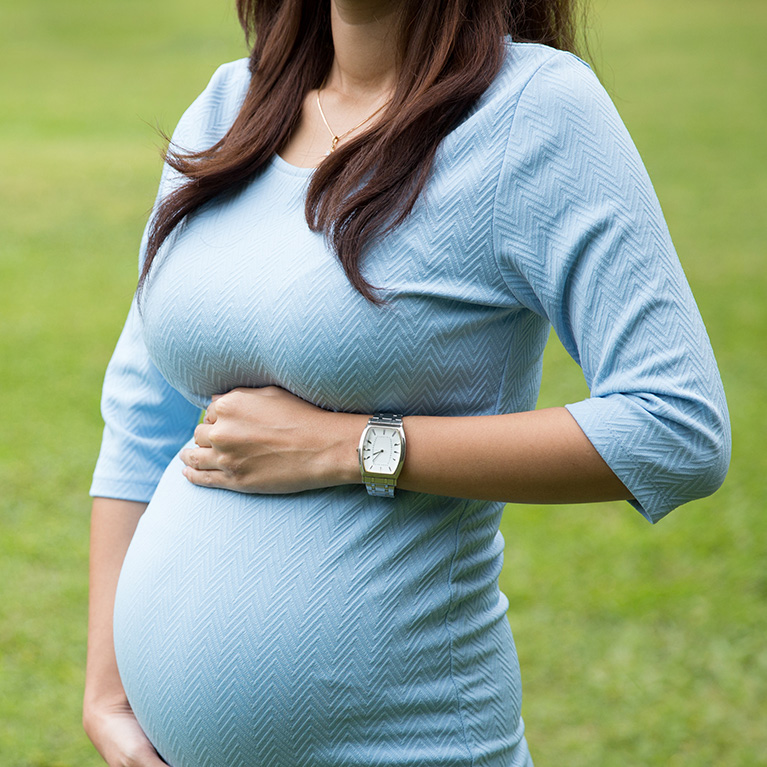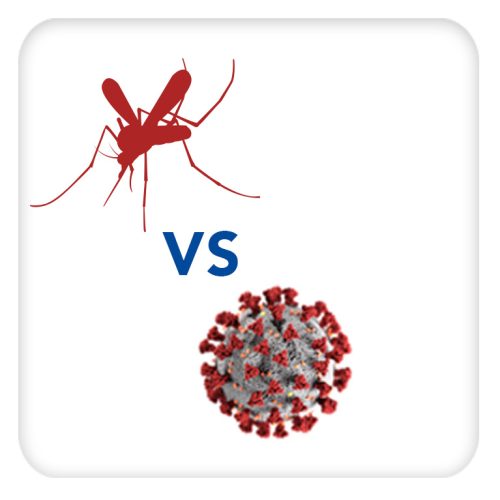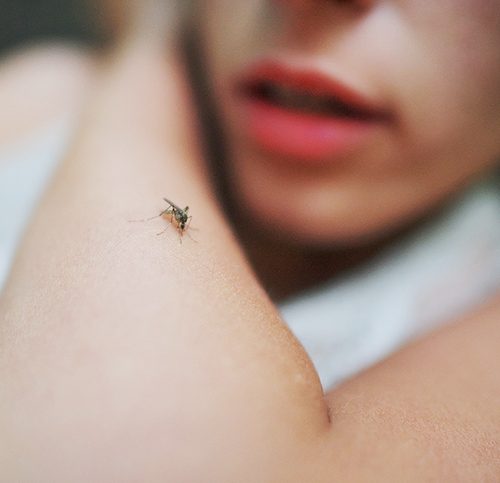As mothers or mothers-to-be, one of the scariest things we could possibly go through would be falling ill during our pregnancies. While in general it can range from mildly inconvenient to highly concerning, falling ill while pregnant can be downright frightening – more than anything, we worry about the wellbeing of our tiny bundle of joy.
The thought of contracting the dengue virus while pregnant would be enough to send chills down any mother’s spine. Despite all the information out there on dengue and its general dangers, not much is known about dengue during pregnancy, which makes it all the more worrying.
With that said, we’ve compiled five things you need to know about dengue during pregnancy:
1. Symptoms
Symptoms of dengue during pregnancy that should be looked out for are:
- High fever
- Abdominal pain and tenderness
- Vomiting
- Lethargy and restlessness
- Bleeding in the gums or nose
2. Transmission
While the dengue virus is categorised as non-contagious, it can actually be transmitted from mother to child through vertical transmission, via the placenta or through direct contact during pregnancy or around the time of childbirth.
The transmission of the virus from mother to baby via vertical transmission may result in premature birth, low birth weight, or even stillbirth.
3. Breastfeeding
According to research, it is safe for mothers infected with dengue to breastfeed their newborn child, as the risk of transmission through breast milk is next to negligible. Research has also shown that the mother’s breast milk contains anti-dengue antibodies which will in turn help the baby become immune from the specific virus strain.
The breast milk also carries a lot of nutrients and other antibodies, helping to protect the baby, preventing dehydration and maintaining the emotional wellbeing of the baby.
However, mothers should avoid breastfeeding their newborns if they are suffering from high fever. To be safe, it is always best to consult a doctor before breastfeeding not only while infected with dengue, but also when feeling under the weather.
4. Treatment
Pregnant women diagnosed with dengue are able to take paracetamol to keep their fever down, but should only do so under a doctor’s prescription and must follow the recommended dosage.
Non-steroidal anti-inflammatory drugs (NSAID) such as ibuprofen and aspirin should be avoided, as they can increase the risk of bleeding due to the way in which they affect how platelets work, interfering with the blood clotting process.
To avoid dehydration, it is highly encouraged to consume at least 3 litres of fluid intake such as clean drinking water, coconut water, and juice a day.
5. Prevention
As always, prevention is better than cure. Always ensure that your living areas do not hold any stagnant water that could become the breeding ground for Aedes mosquitoes which carry the dengue virus.
If you are pregnant and travelling, do ensure that the place you are travelling to is not one where dengue is common. It is also best to protect yourself using mosquito repellent and bring along a mosquito net to protect yourself throughout the night.
Although contracting dengue fever while pregnant might seem like one extra thing to worry about during your journey towards motherhood, remaining vigilant and taking the necessary precautions can go a long way in keeping both you and your loved ones safe.
Should you suspect having any symptoms of dengue, please visit your doctor immediately.
Sources
https://www.cdc.gov/dengue/transmission/pregnancy.html#:~:text=A%20pregnant%20woman%20already%20infected,birth%20weight%2C%20and%20premature%20birth.
https://www.babycenter.com.my/a1013406/dengue-in-pregnancy
https://www.news18.com/news/lifestyle/health-and-fitness-dengue-during-pregnancy-everything-mothers-to-be-should-know-about-this-monsoon-disease-2288871.html




